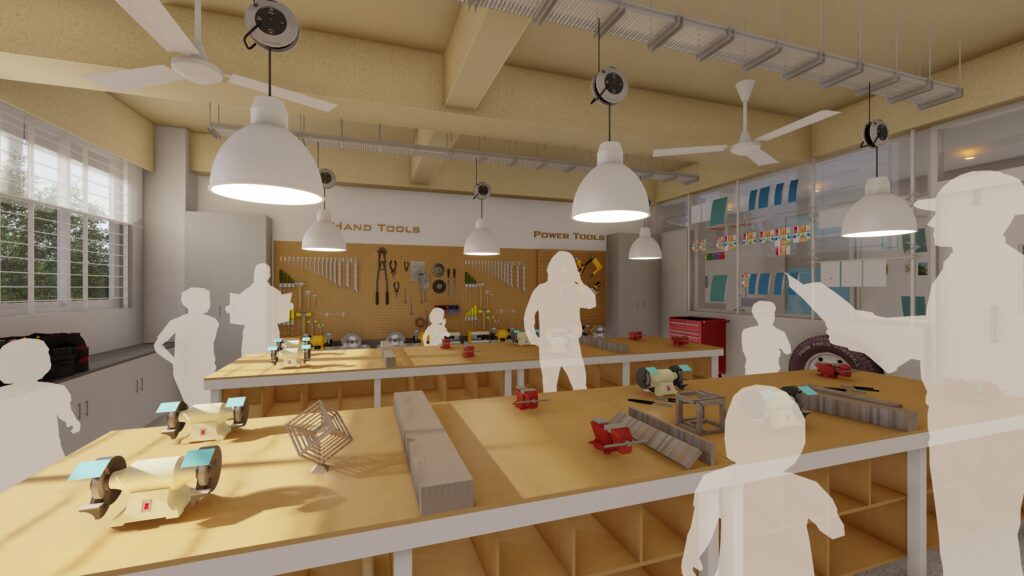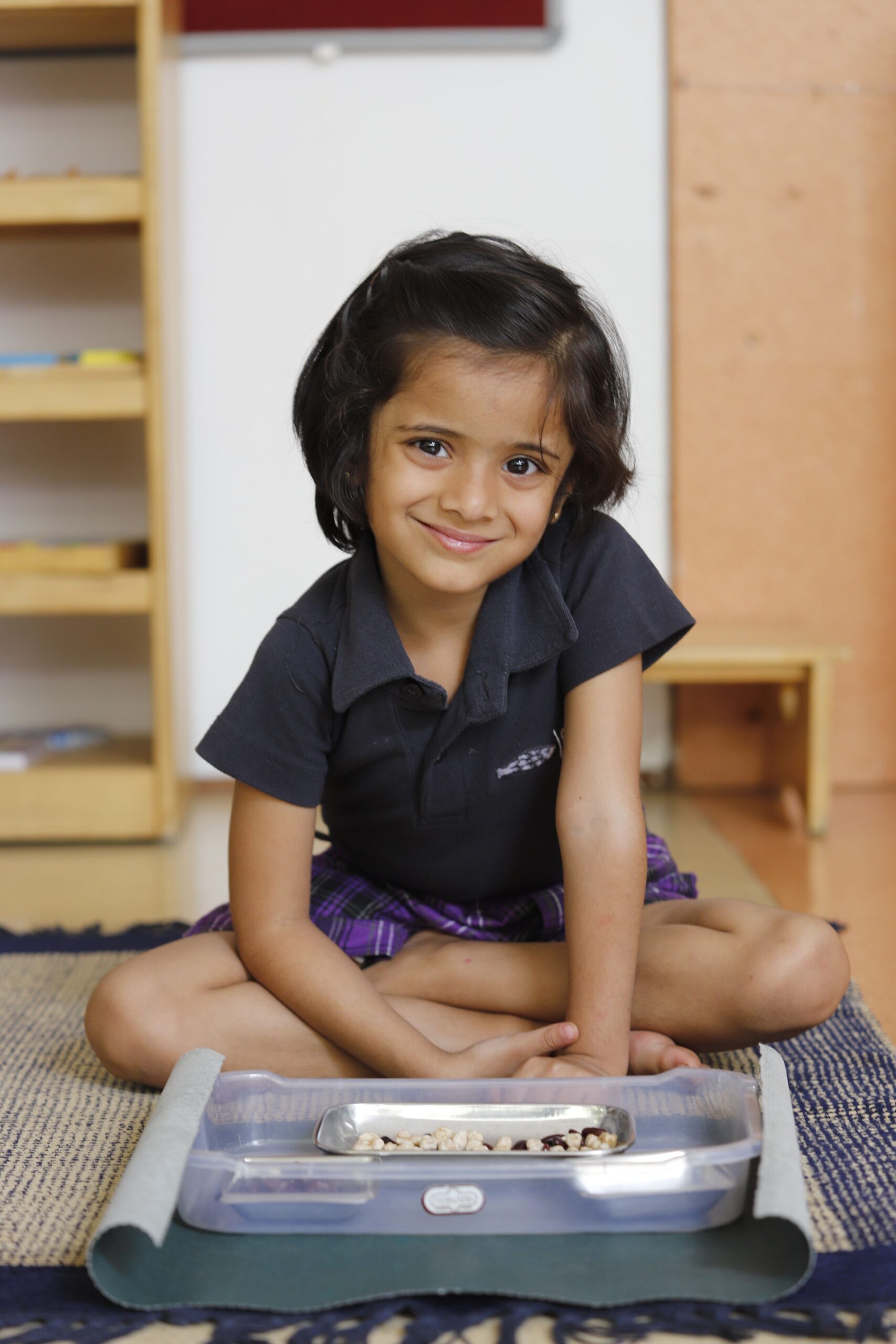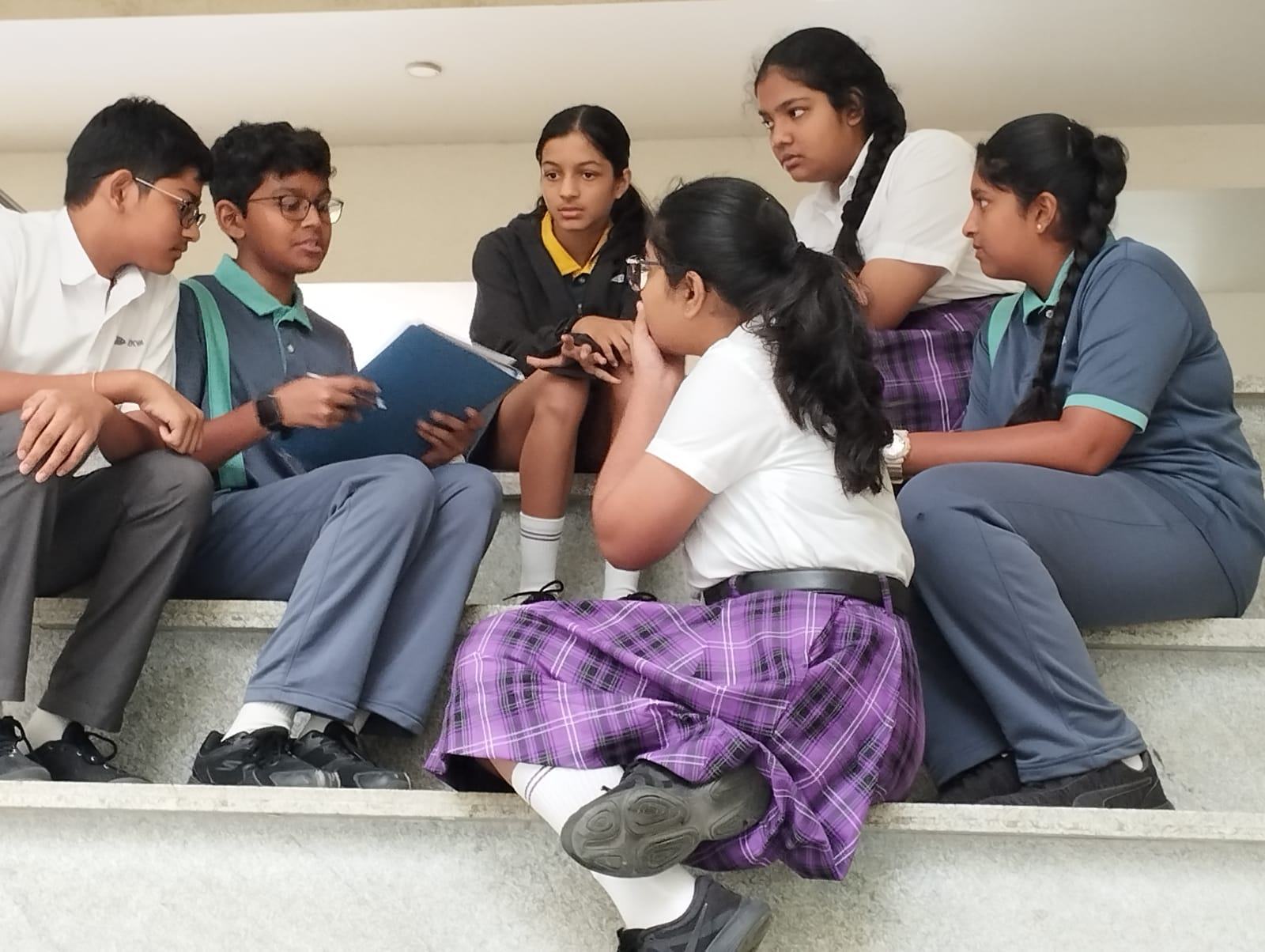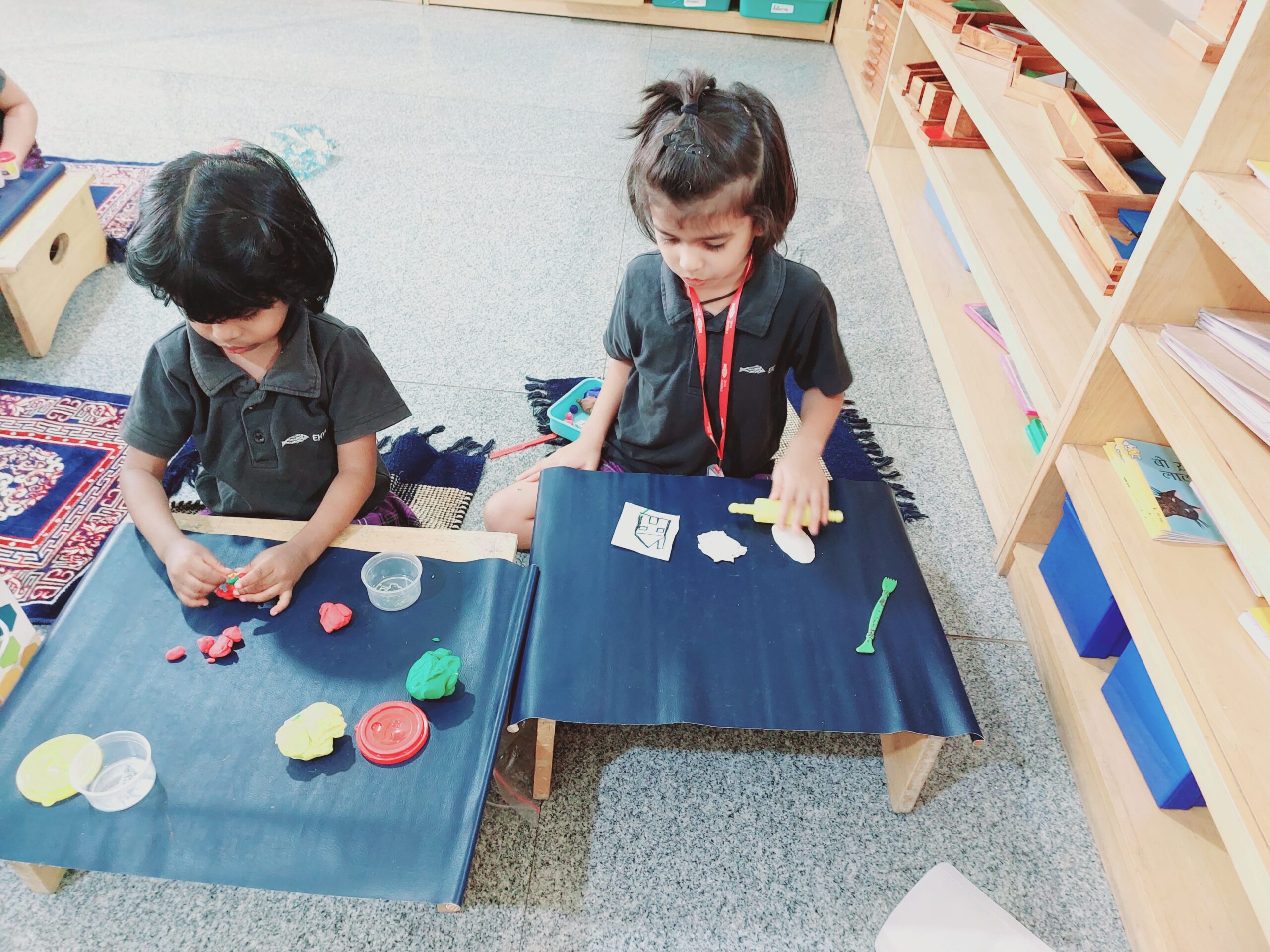Entrepreneurship and Innovation
The Entrepreneurship and Innovation pathway is dynamic and fosters creativity and an entrepreneurial spirit, where students delve into design thinking, business principles and ethical practices, preparing them to innovate and succeed in an ever-changing world.


The Garage
In The Garage, students embark on a journey of innovation, transforming concepts into viable projects. With state-of-the-art resources and an inspiring environment, it’s the epicentre for entrepreneurial spirit and forward-thinking ventures. In the Garage, innovation finds its home.
Purpose
- To cultivate a culture of creativity and ethical entrepreneurship, equipping them with a fusion of design thinking, business principles, and innovation skills.
- To develop an entrepreneurial mindset through design thinking, systems & service thinking, and a focus on ethical practice to drive innovation and effectively address real-world challenges.
- To empower students to develop a diverse skill set that integrates business and design principles to equip them for innovative problem-solving and ethical decision-making.


Learning Experience
Design a sustainable process or system
This project blends design thinking, empathy, and business principles to create a real-world solution with social and environmental impact.
Develop a student-run social enterprise
Students work together to create a business plan, develop a marketable product or service, and launch their own social enterprise. This experience fosters entrepreneurial skills, collaboration, and responsible decision-making while benefiting the community.
Run a student-led innovation challenge
This experience puts students in the driver’s seat. Students learn leadership, communication, and critical thinking skills while promoting creativity and fostering a culture of innovation within the school environment.
Key Strands
Design Thinking
Students explore the principles and methods of human-centred design, learning to empathise with users, identify and define problems, ideate, innovate, prototype and test their ideas.
Systems and Service Thinking
Students delve into the mindset that emphasises empathy, feedback, and collaboration to understand the importance of designing systems and services that meet real-world user needs.
Ethics of Practice
Explores the ethical dimensions of design and innovation.
Business and Design
Explores innovative education approaches at the crossroads of business and design, guiding students to turn creativity into practical solutions within the school curriculum.
Practices
LEARN
Inquire – In the realm of Entrepreneurship and Innovation learners are encouraged to explore basic economic concepts, identify the needs of their community, and inquire into the potential areas for creative problem-solving and innovation.
THINK
Reflect – Reflective thinking involves assessing the impact of creative ideas. Learners reflect on their goals, values, and the potential consequences of their decisions. Reflection is crucial for cultivating critical thinking skills, adapting to changing circumstances, and ensuring alignment with personal and community values.
Critically Think – Learners critically analyse problems, assess the feasibility of innovative ideas, and navigate challenges with a strategic mindset. Critical thinking ensures that young innovators are well-prepared, adaptable, and resilient to face challenges in the world beyond their classroom.
Connect – Connecting ideas involves recognising opportunities for collaboration, teamwork, and creative problem-solving. Learners understand how their ideas align with the needs of their community, fostering connections with classmates, teachers, and local organisations to create a supportive environment for innovation.
DO
Care – Learners are taught to prioritise ethical considerations, social responsibility, and environmental sustainability. Caring extends to understanding the impact of their projects on everyone in the broader school community.
Collaborate – Learners are encouraged to collaborate with their peers, teachers, and external mentors to bring their creative ideas to life. Collaborative efforts ensure diverse perspectives, shared expertise, and increased chances of success in their innovative projects.
Communicate – Learners learn to articulate their ideas, value propositions, and project goals to peers, teachers, and other stakeholders.
Transparent communication builds confidence, attracts support, and establishes a strong foundation for future entrepreneurial endeavours.
Create – Learners create value by addressing real-world problems within their school community, contributing to a positive and innovative educational environment. The act of creation in entrepreneurship aligns with a commitment to innovation, adaptability, and positive impact within the school setting.








Start Your Innovation Journey

